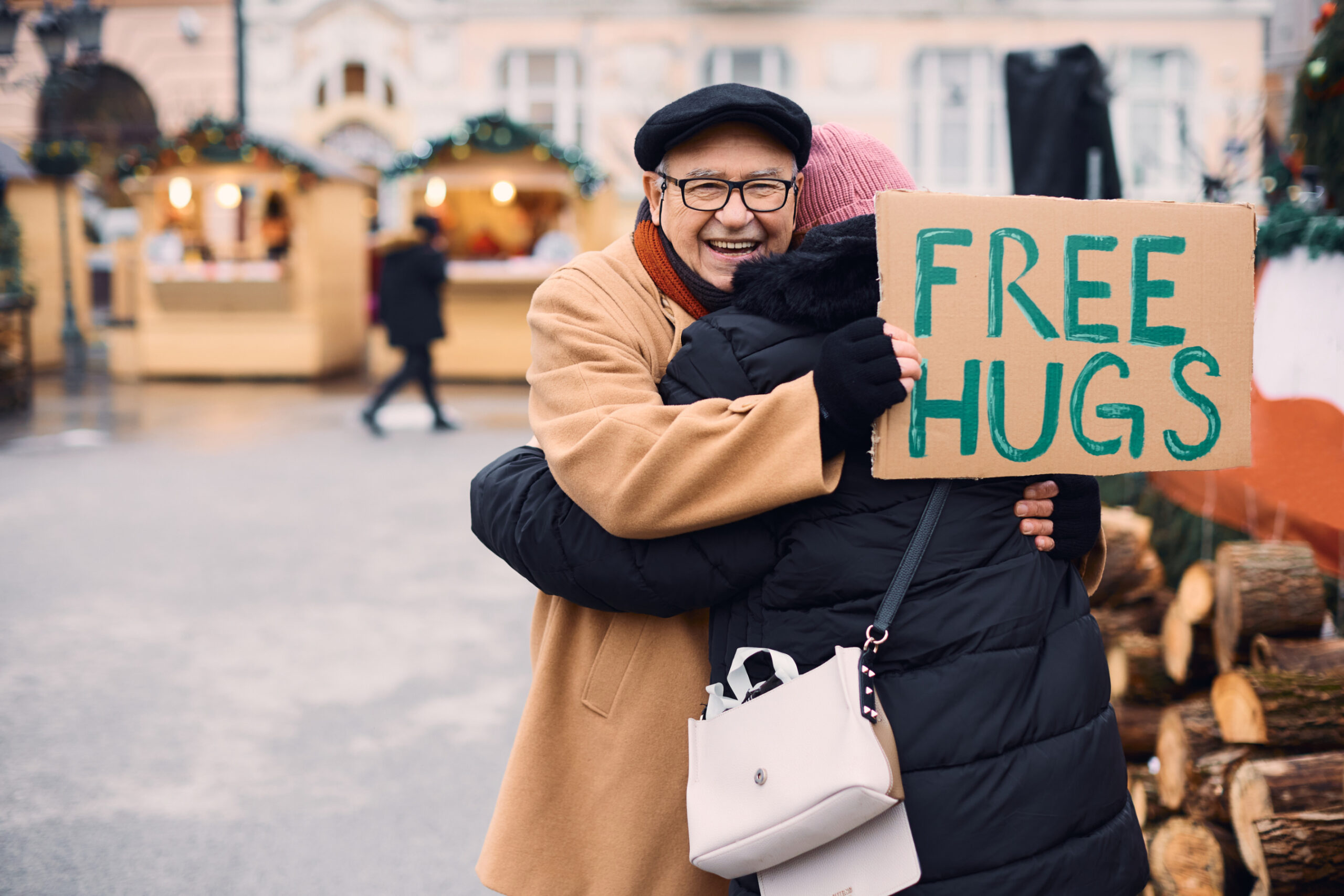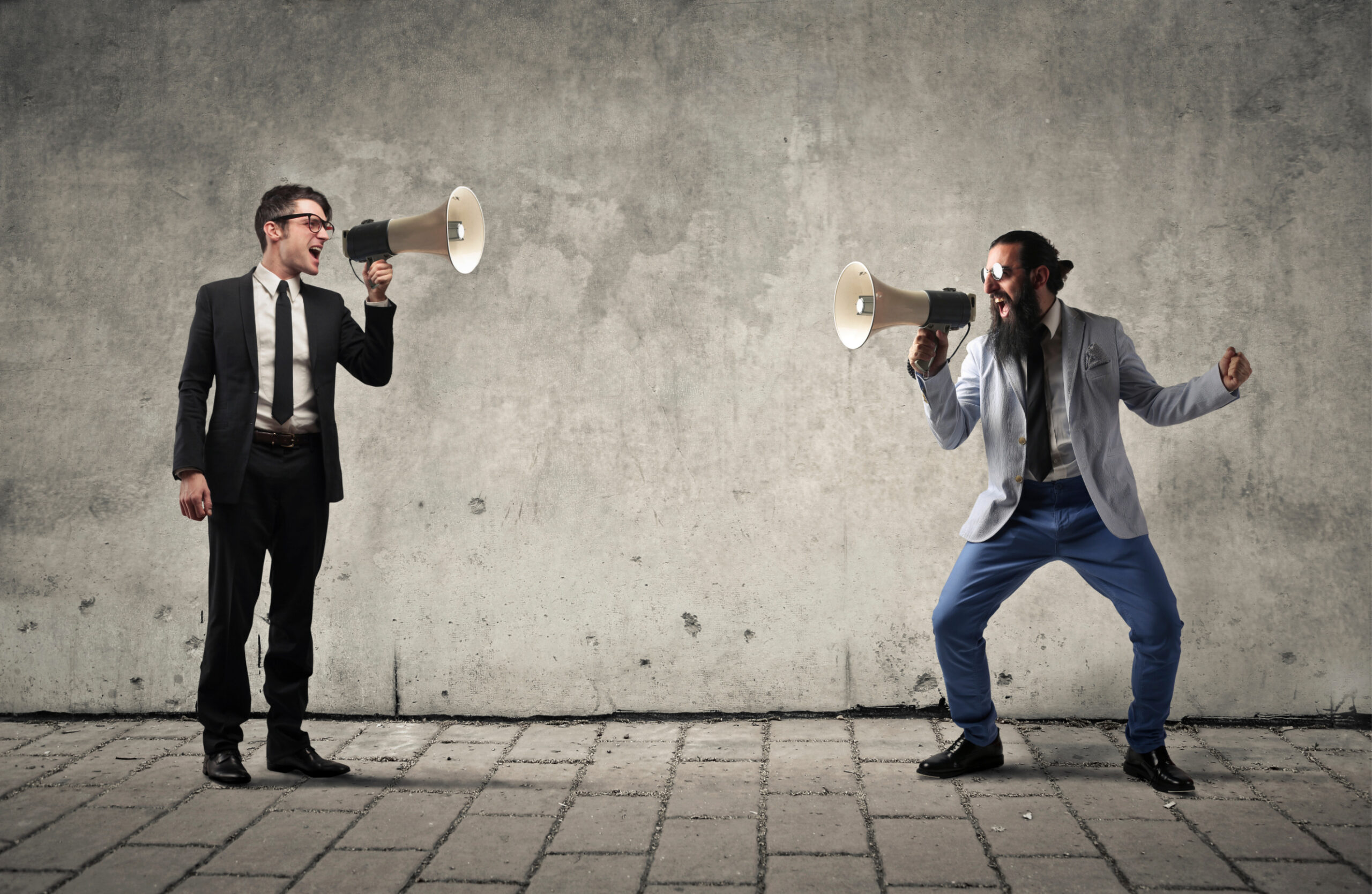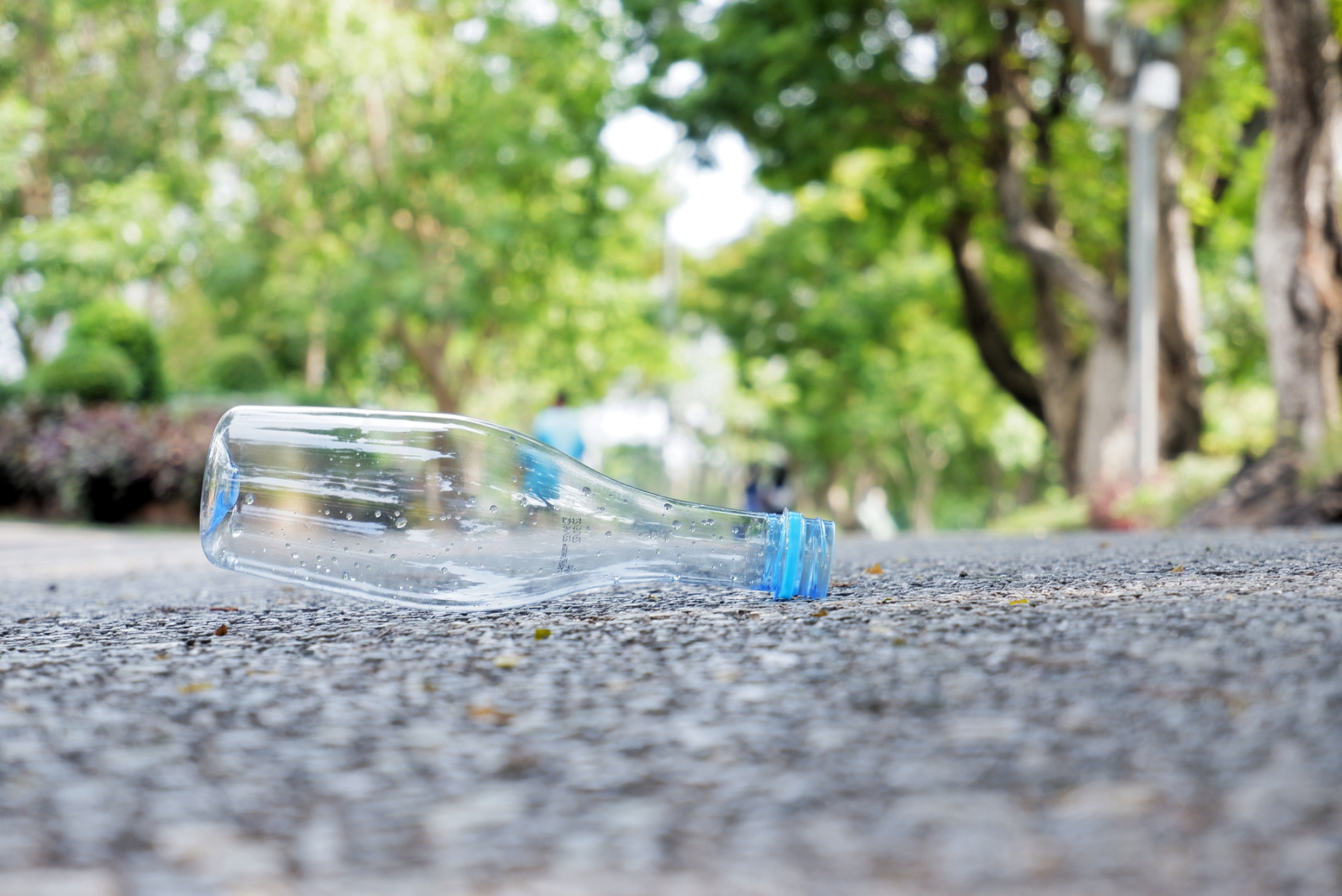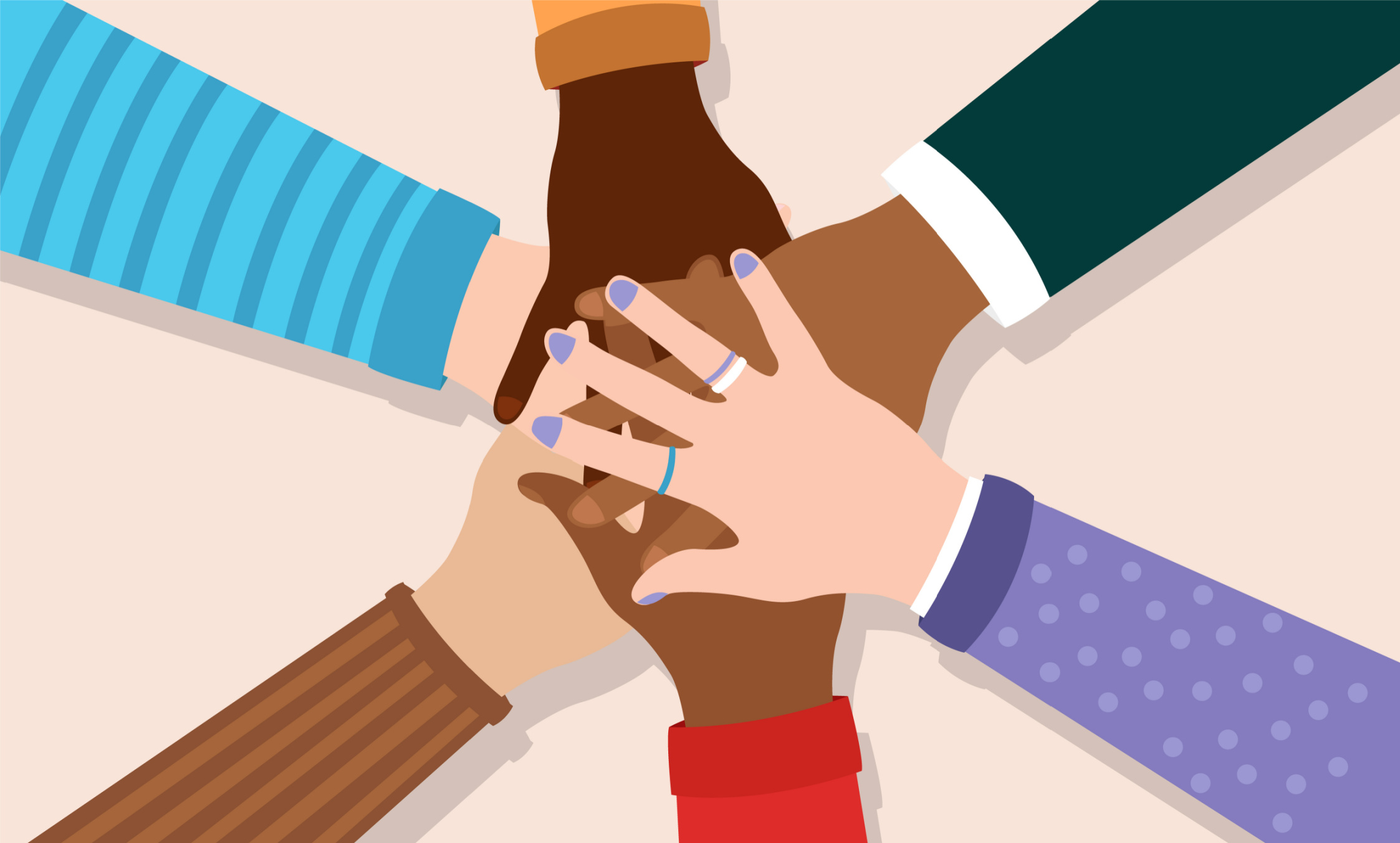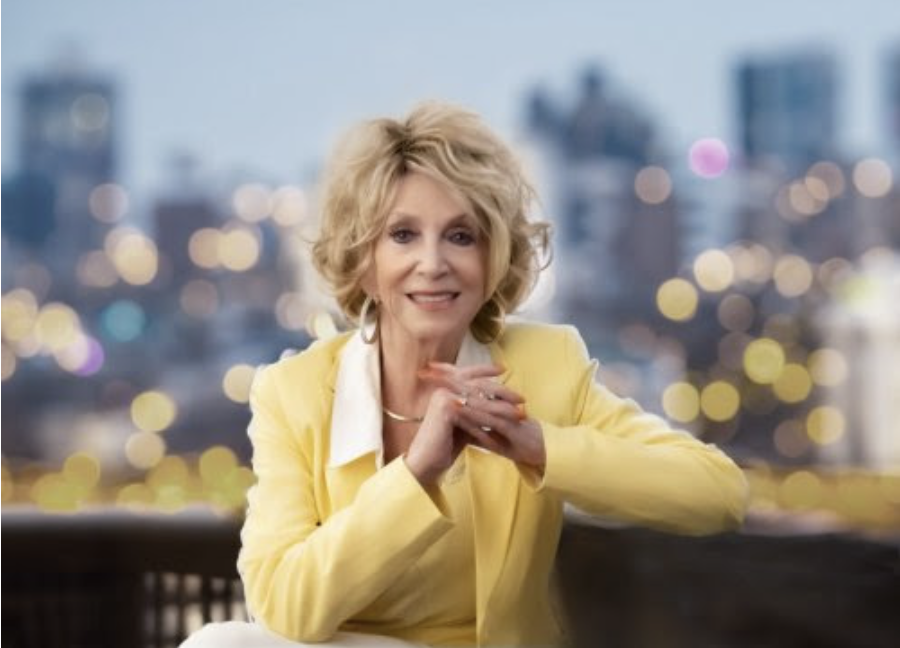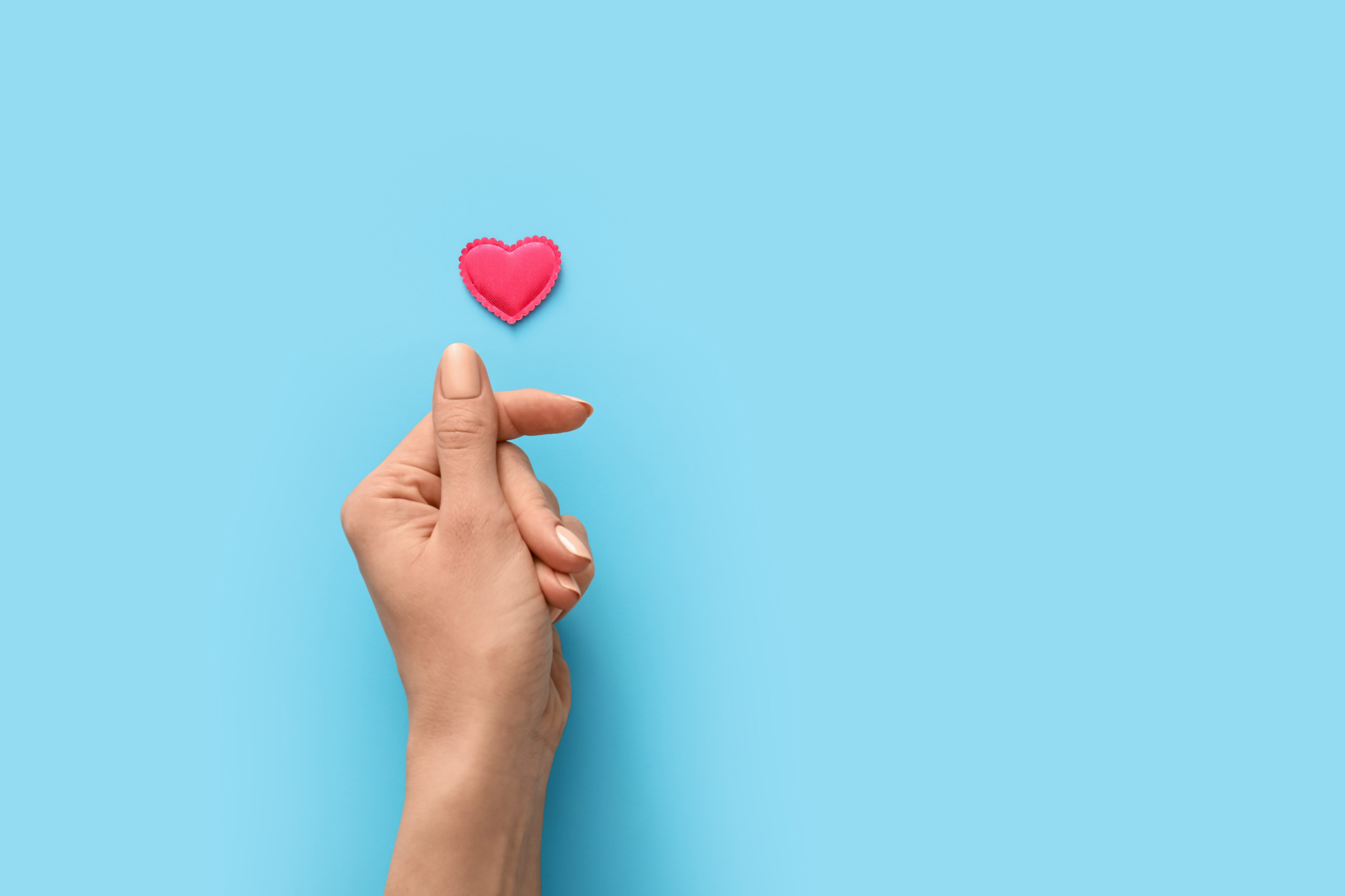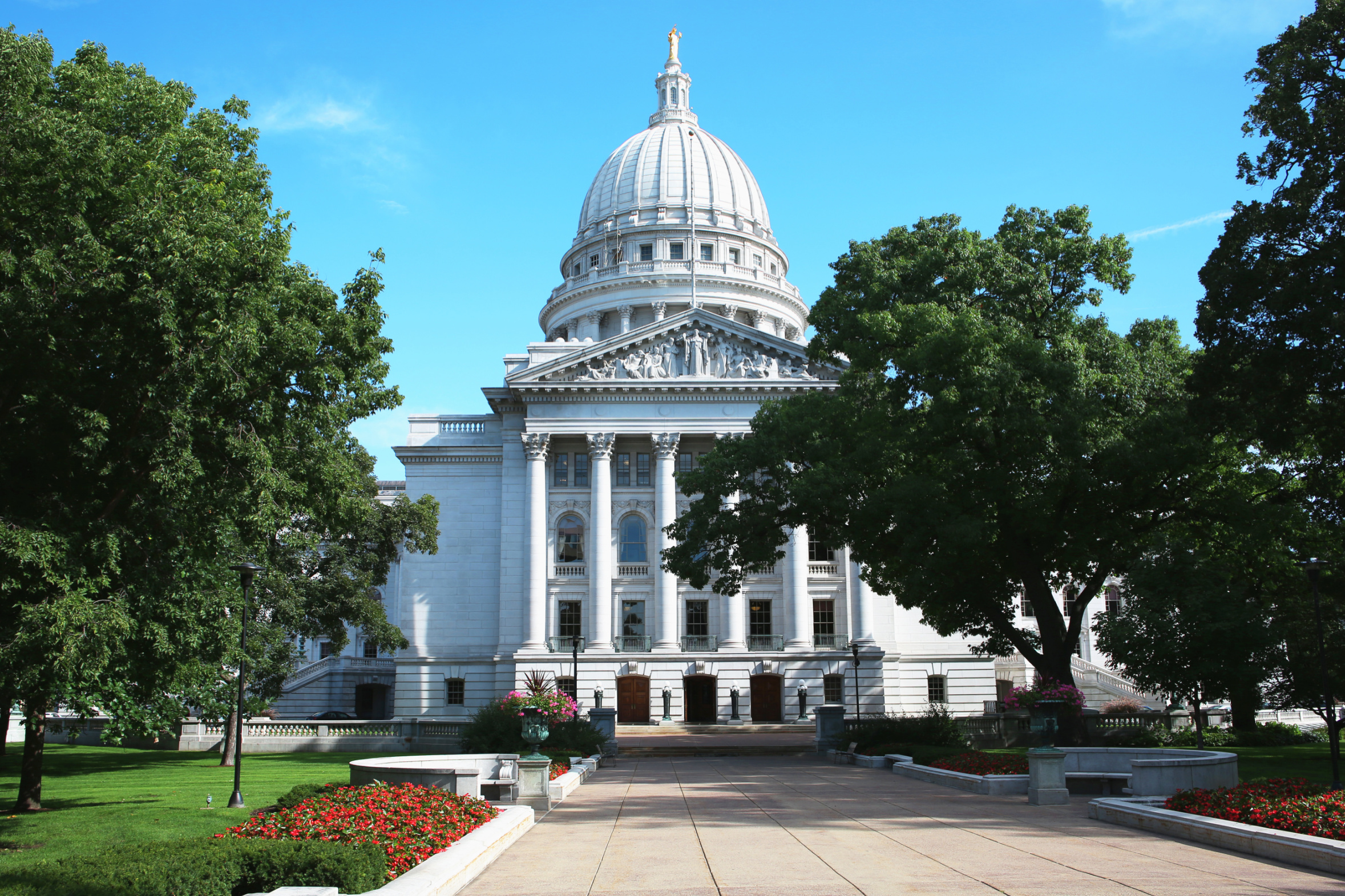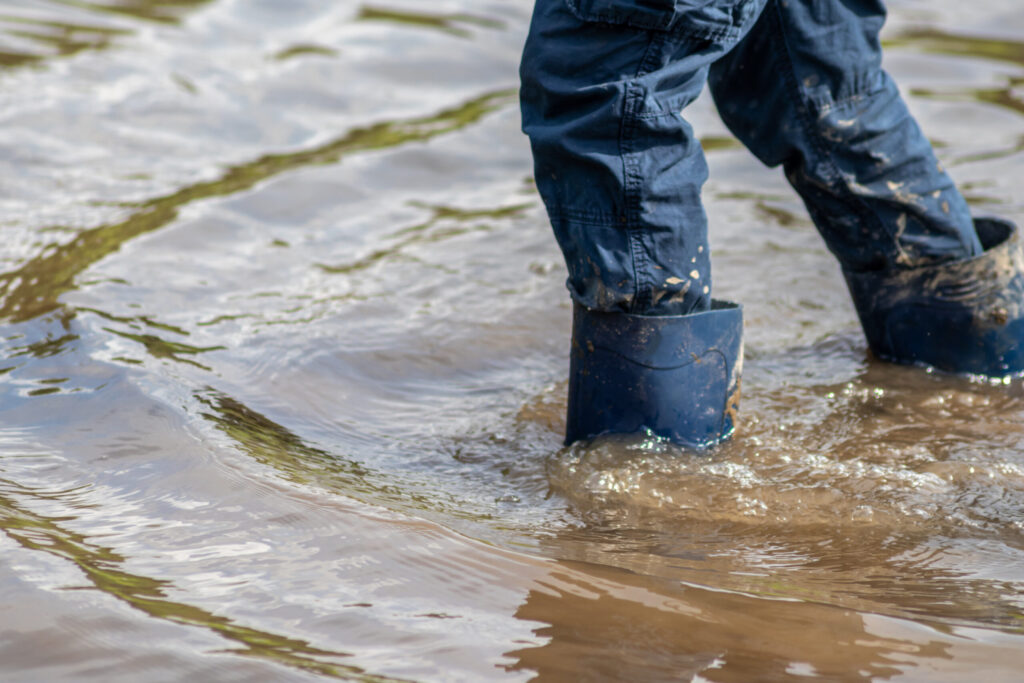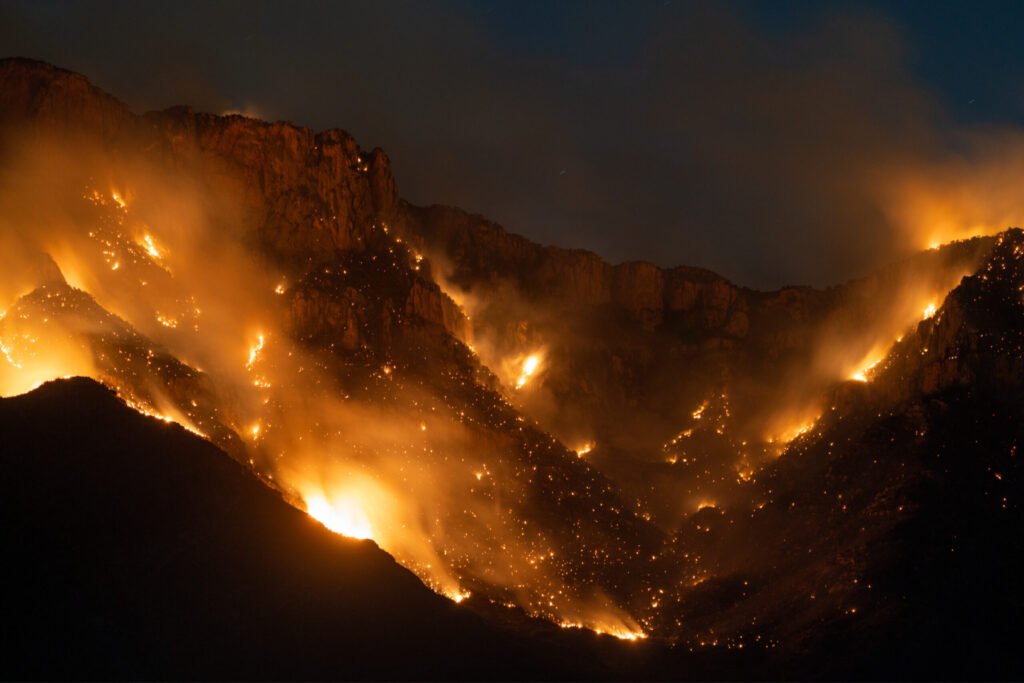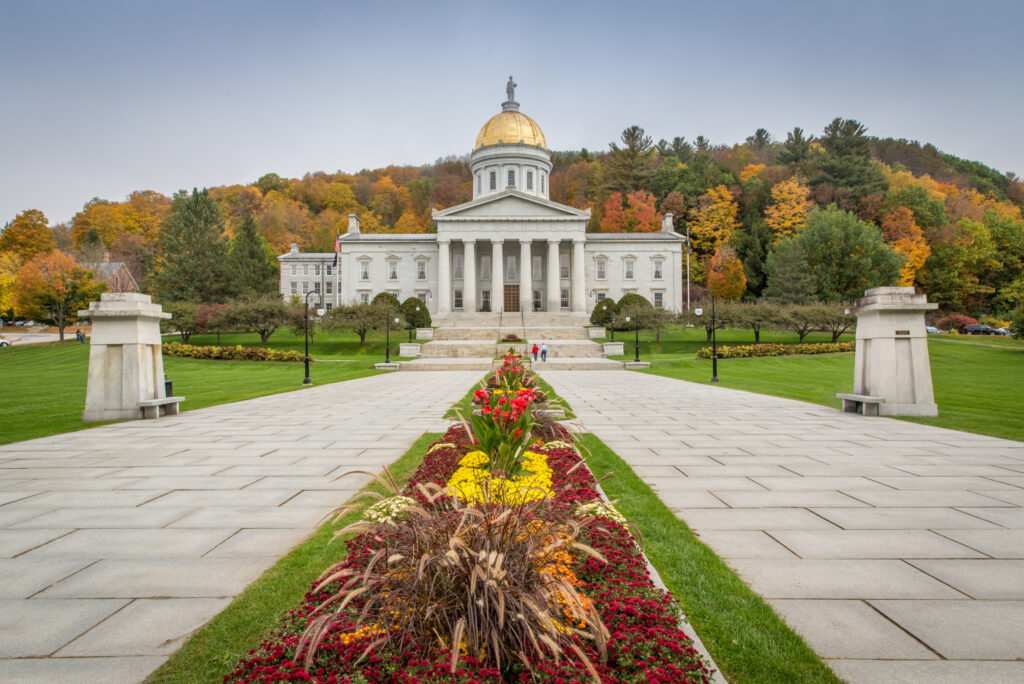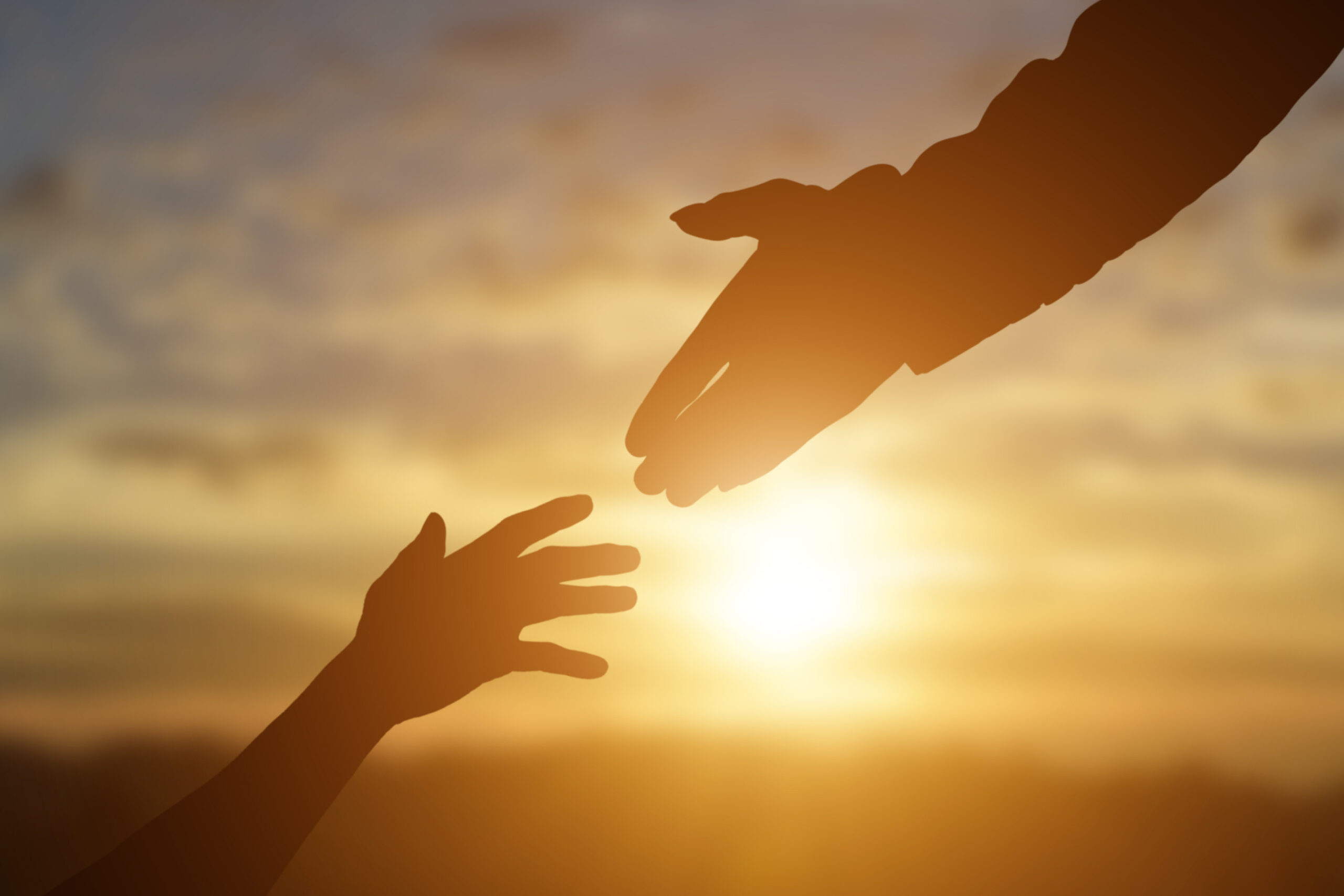
It’s impossible to look at the headlines out of Texas this week and not feel a deep ache in your chest. At least 24 lives lost. Children still missing. Parents praying for miracles. An entire community turned upside down by sudden, catastrophic flooding that swept through the Hill Country and beyond in the pre-dawn hours of July 5.
Camp Mystic, a Christian summer camp where dozens of girls were staying, sits quietly along the banks of the Guadalupe River. What was meant to be a joyful summer memory has instead become the epicenter of a heart-wrenching search and rescue effort. These are the kinds of stories that stop us in our tracks—not because they’re uncommon, but because they remind us of the fragility of life, and the strength of our shared humanity.
In a nation so often divided—by politics, by ideologies, by headlines—moments like this bring everything back into focus.
Because in the wake of disaster, nobody asks who you voted for. No one checks your stance on gas prices or tax policy before pulling you from the wreckage. In moments like this, we are only human beings—mothers, fathers, neighbors, first responders, strangers—each with beating hearts and open hands.
As the Guadalupe River rose more than 26 feet in a matter of hours, entire families were swept away. Campsites were torn apart. Communities across Kerr County watched helplessly as water erased roads, homes, and in some cases, lives. And yet, as terrifying as those hours were, what followed in their wake is something just as powerful: resilience.
Search and rescue teams worked through the night, combing the banks of the river. Volunteers poured in with boats, food, and prayers. Local churches opened their doors. Blood drives were organized. Strangers passed out sandwiches and bottled water. And parents—heartbroken, hopeful, desperate—clung to one another in the absence of answers.
This is what we do in America. When the floodwaters rise—literally or figuratively—we rise too.
It would be easy to let this story become just another tragic headline, one that fades with the next news cycle. But it deserves more than that. It demands reflection. Not just on what was lost, but on what we’re still capable of finding—compassion, connection, and the courage to care.
We often talk about what divides us in this country. It’s a loud conversation, and let’s be honest, it’s profitable for some. But it’s not the full story. It’s not even most of it.
Because when the unthinkable happens, Americans show up.
We saw it after Hurricane Harvey, when neighbors formed human chains to pull strangers to safety. We saw it during the pandemic, when exhausted nurses held up phones so loved ones could say goodbye. And we’re seeing it again now—in Kerrville, in Ingram, in little towns that most of us have never heard of—where ordinary people are doing extraordinary things.
It’s easy to feel powerless in moments like this. To read about the missing campers and feel the lump in your throat, to see the photo of a soaked teddy bear on a washed-out road and wonder how we keep going. But we do. Because we must. And because we don’t do it alone.
In a world that moves fast and fractures easily, natural disasters have a way of forcing us to slow down and remember what matters. It’s not who shouts the loudest. It’s who shows up. It’s not about red states or blue states. It’s about being a good neighbor, a good human.
Texas is hurting right now. Families are grieving. Some are still holding out hope. And in the middle of that grief and uncertainty, the best of who we are is showing up—bucket by bucket, hug by hug, prayer by prayer.
To the families of the missing and the lost: You are not alone. The nation is watching, yes—but more importantly, we are with you. In spirit. In prayer. In the deep belief that even in the darkest moments, light breaks through.
Let this tragedy remind us that we don’t need to agree on everything to love each other through anything. Let it remind us that character is revealed in crisis. And that somewhere amid the sorrow, there’s a flicker of hope—fueled by volunteers, first responders, neighbors, and strangers—doing what Americans have always done: showing up, standing tall, and carrying one another forward.
Because when the flood comes, we don’t ask questions. We act.
And if we can come together in crisis, maybe—just maybe—we can find ways to stay together in calm.
RECENT
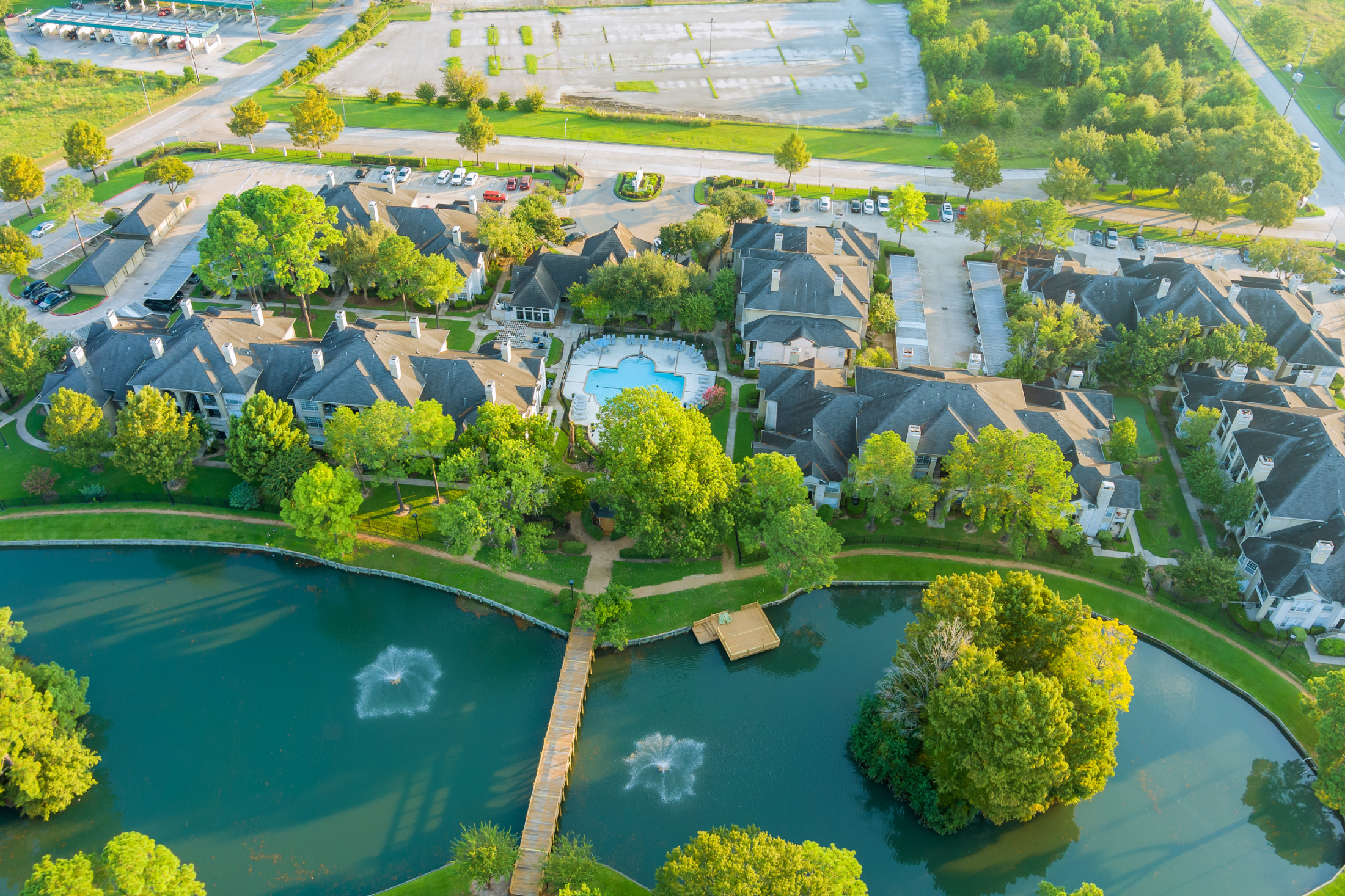
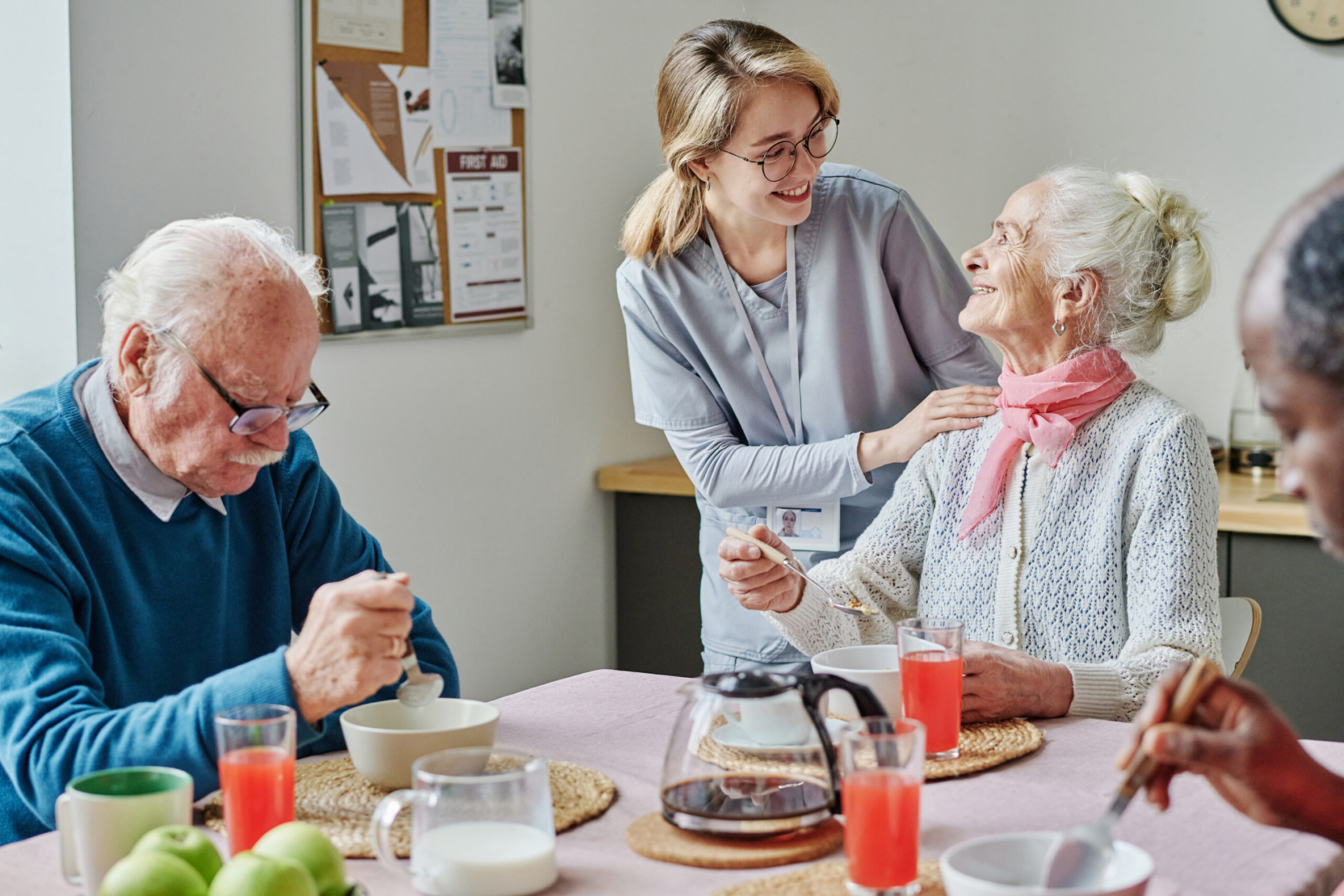
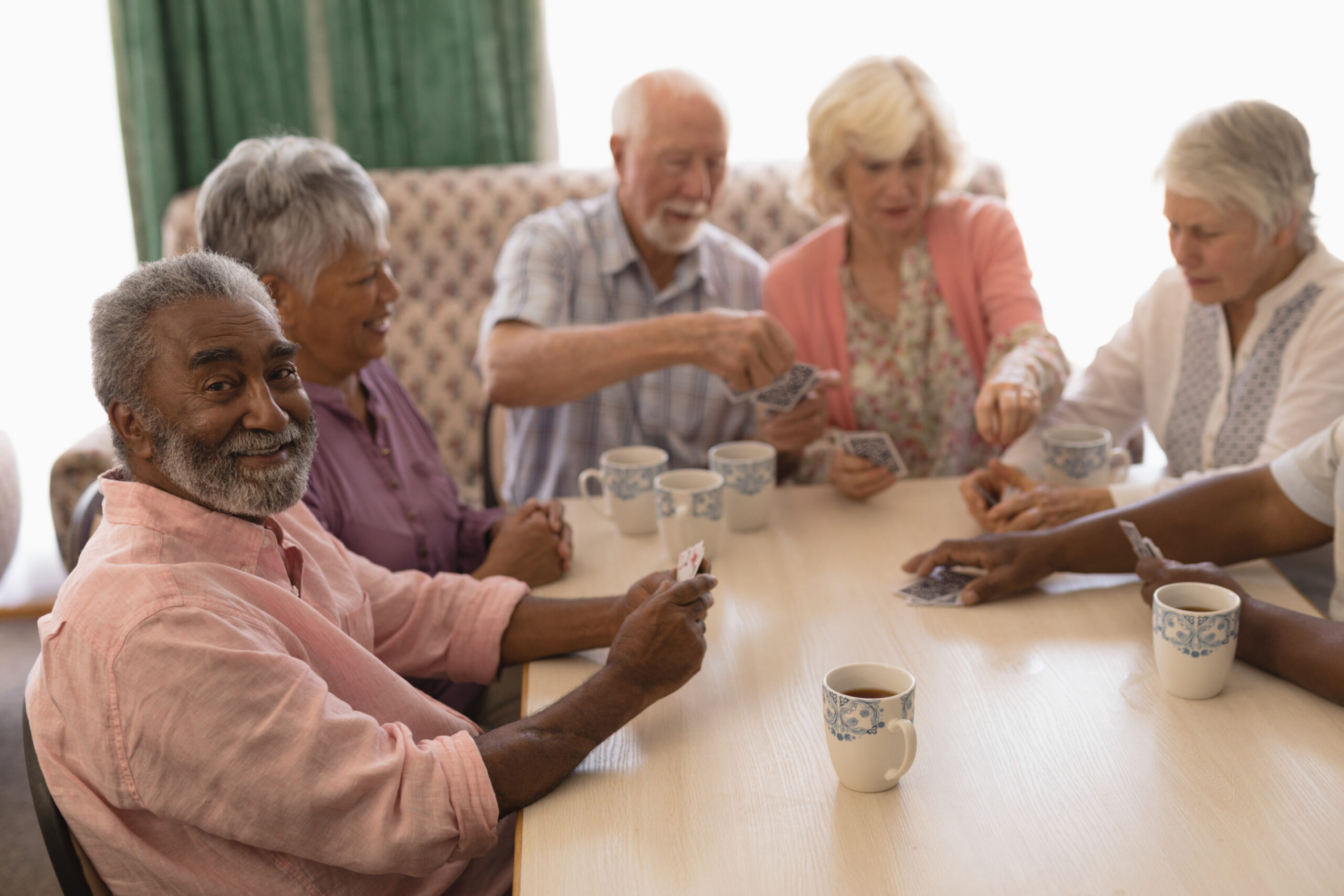
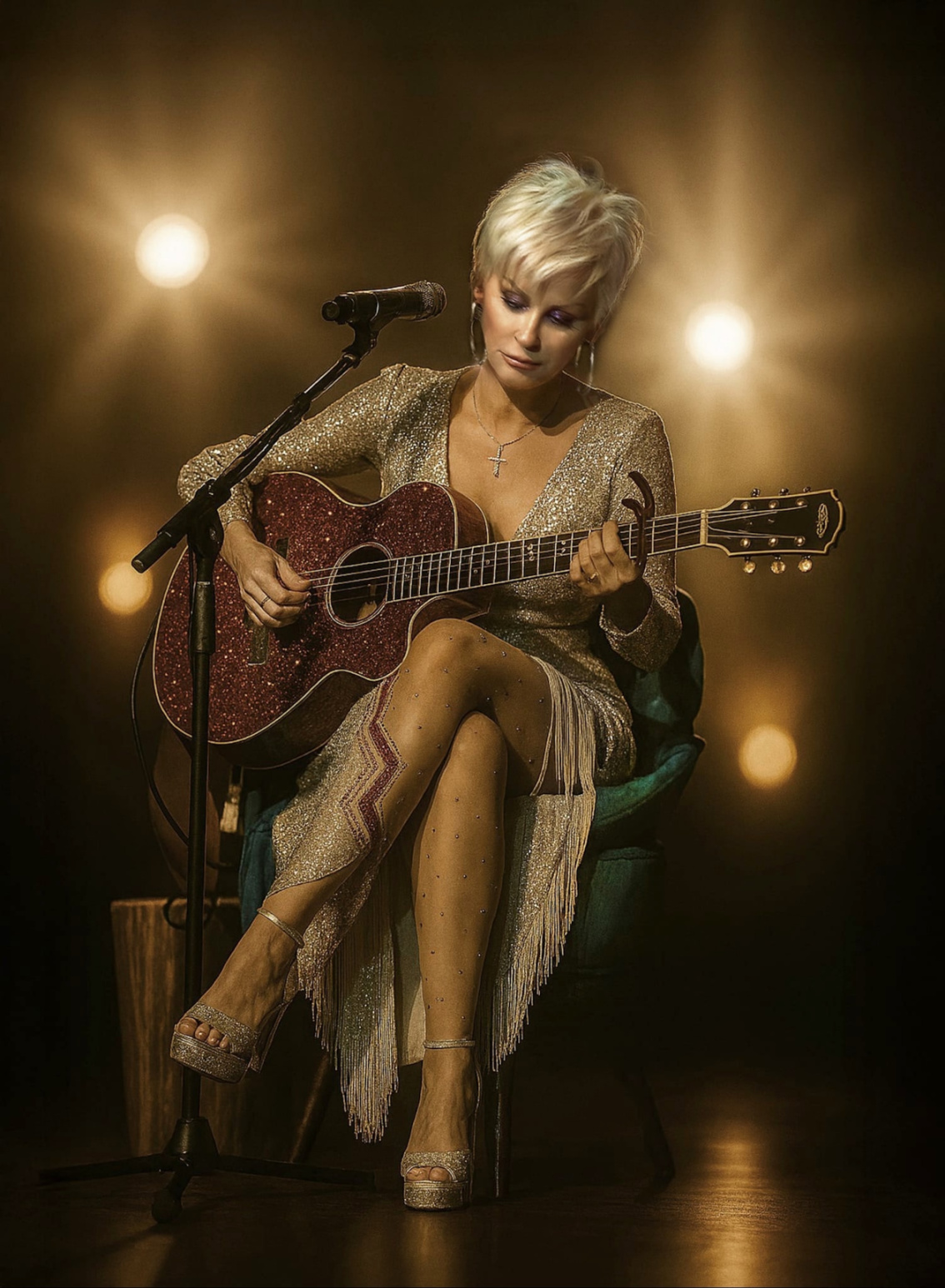

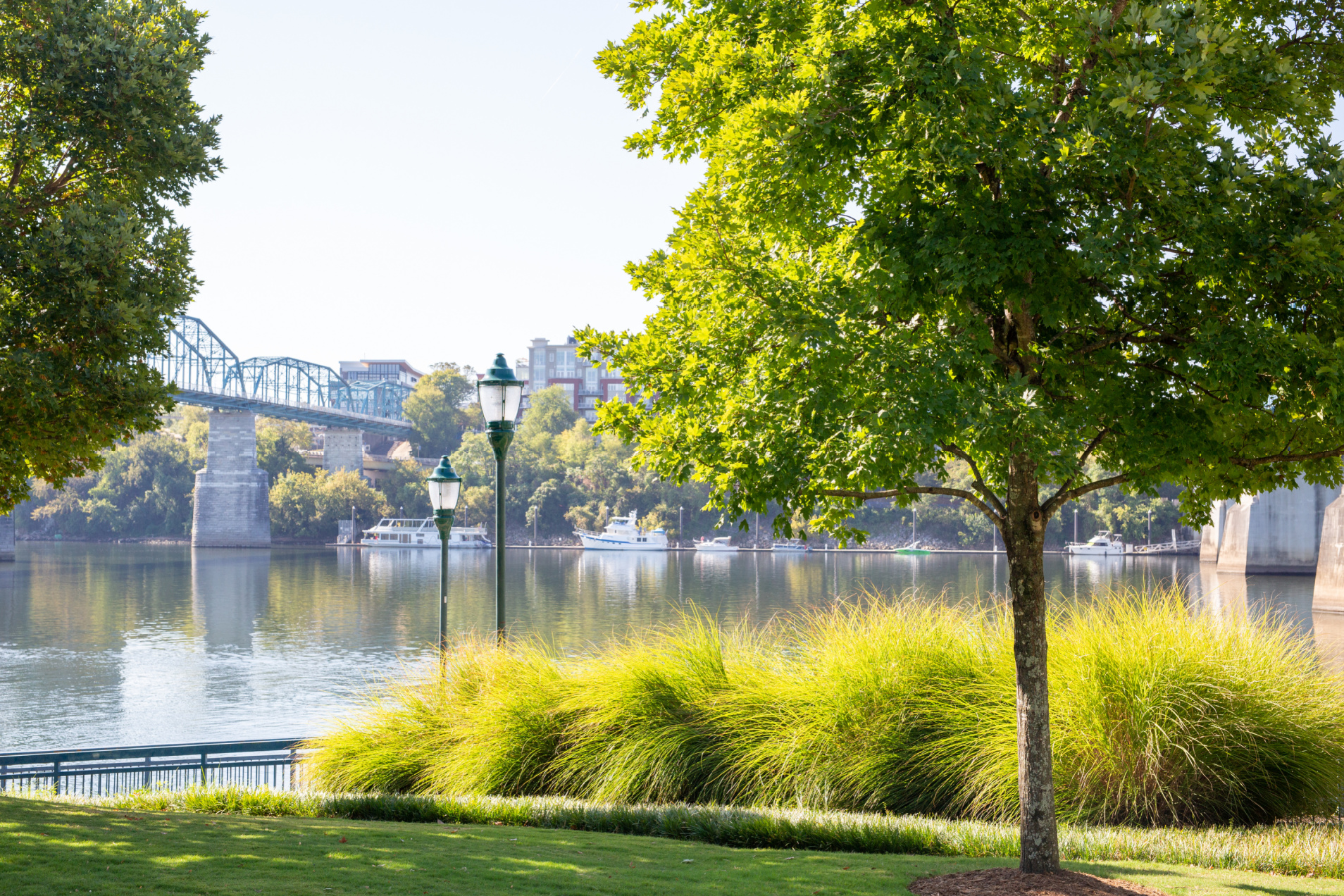
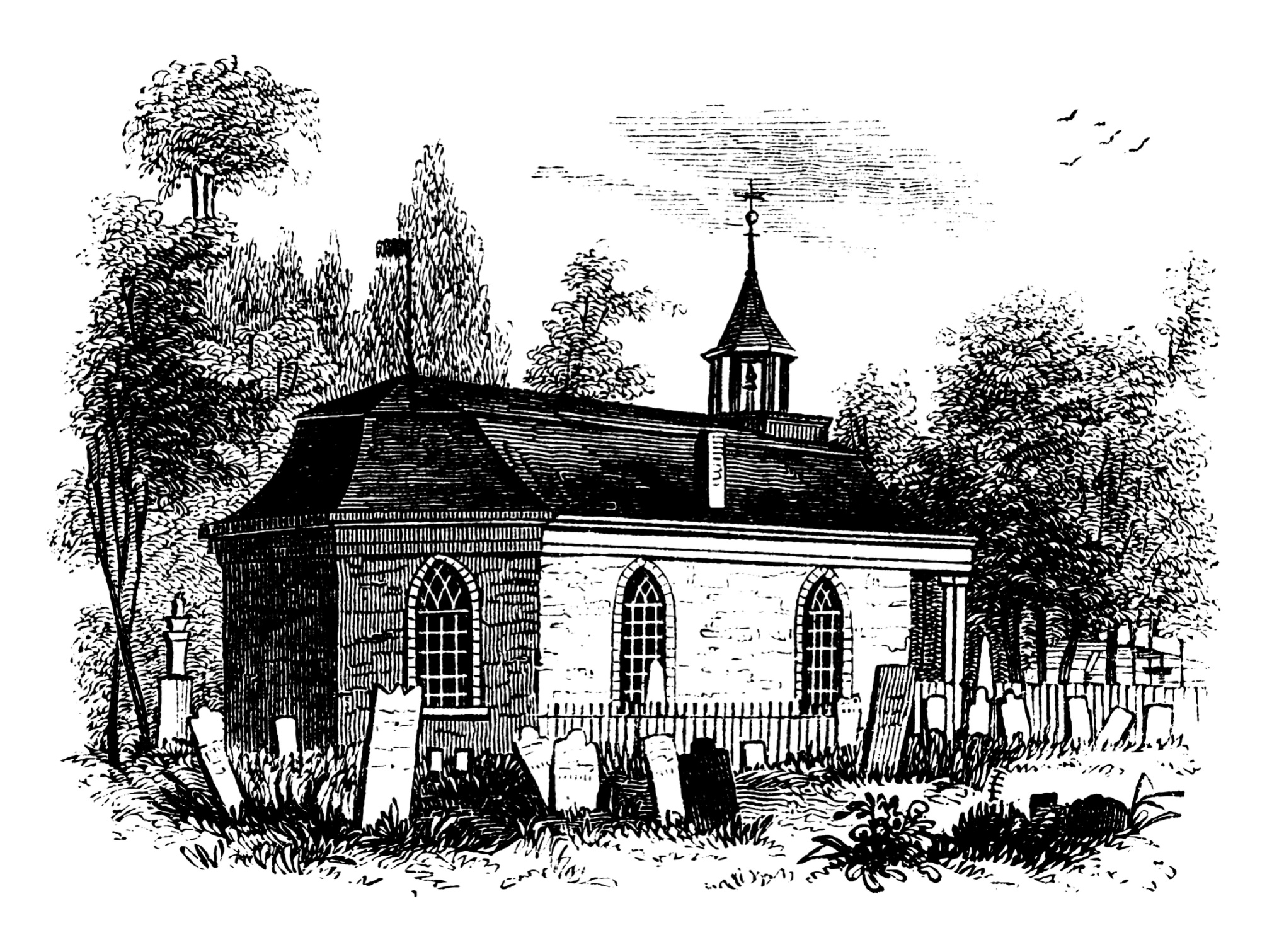
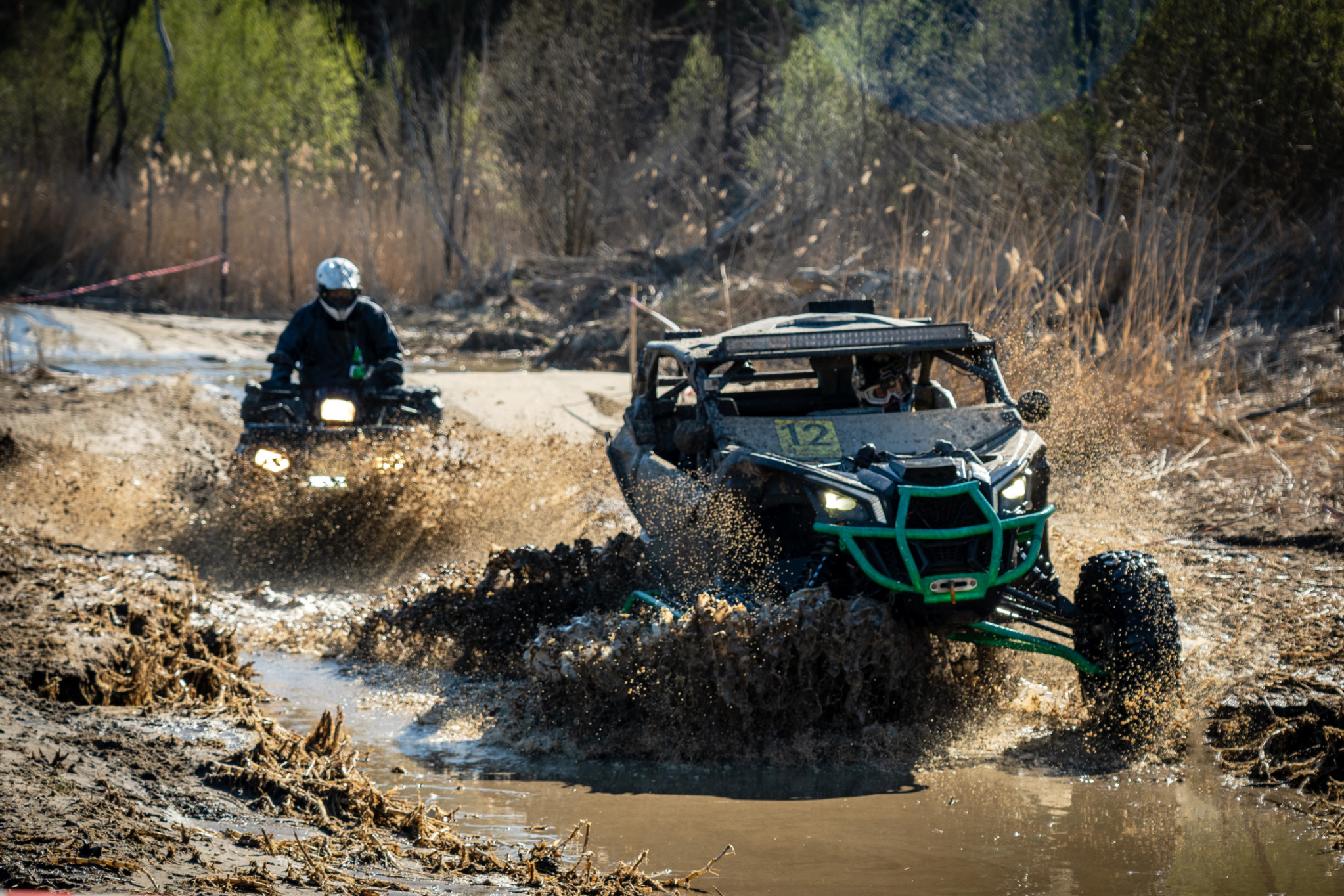
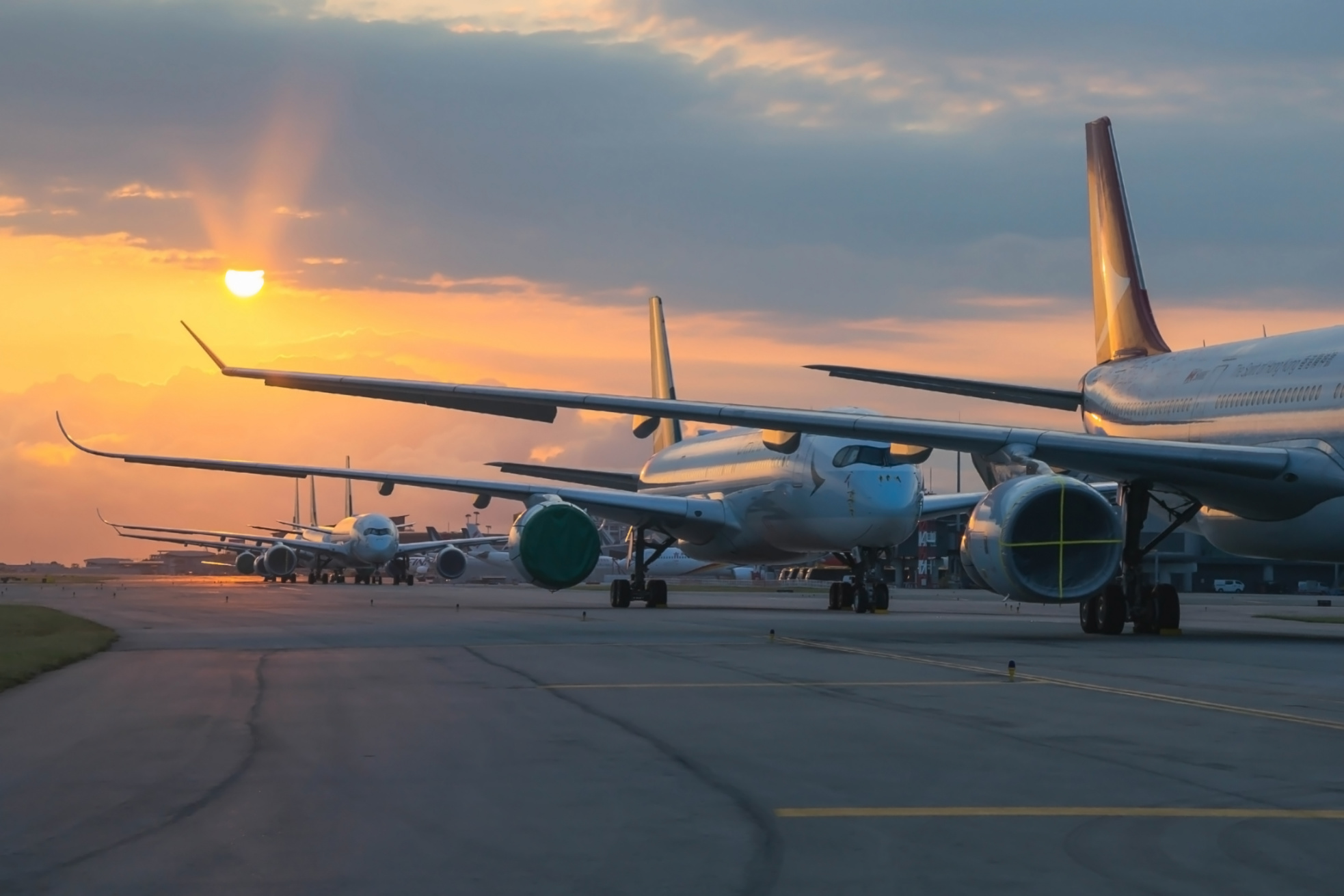
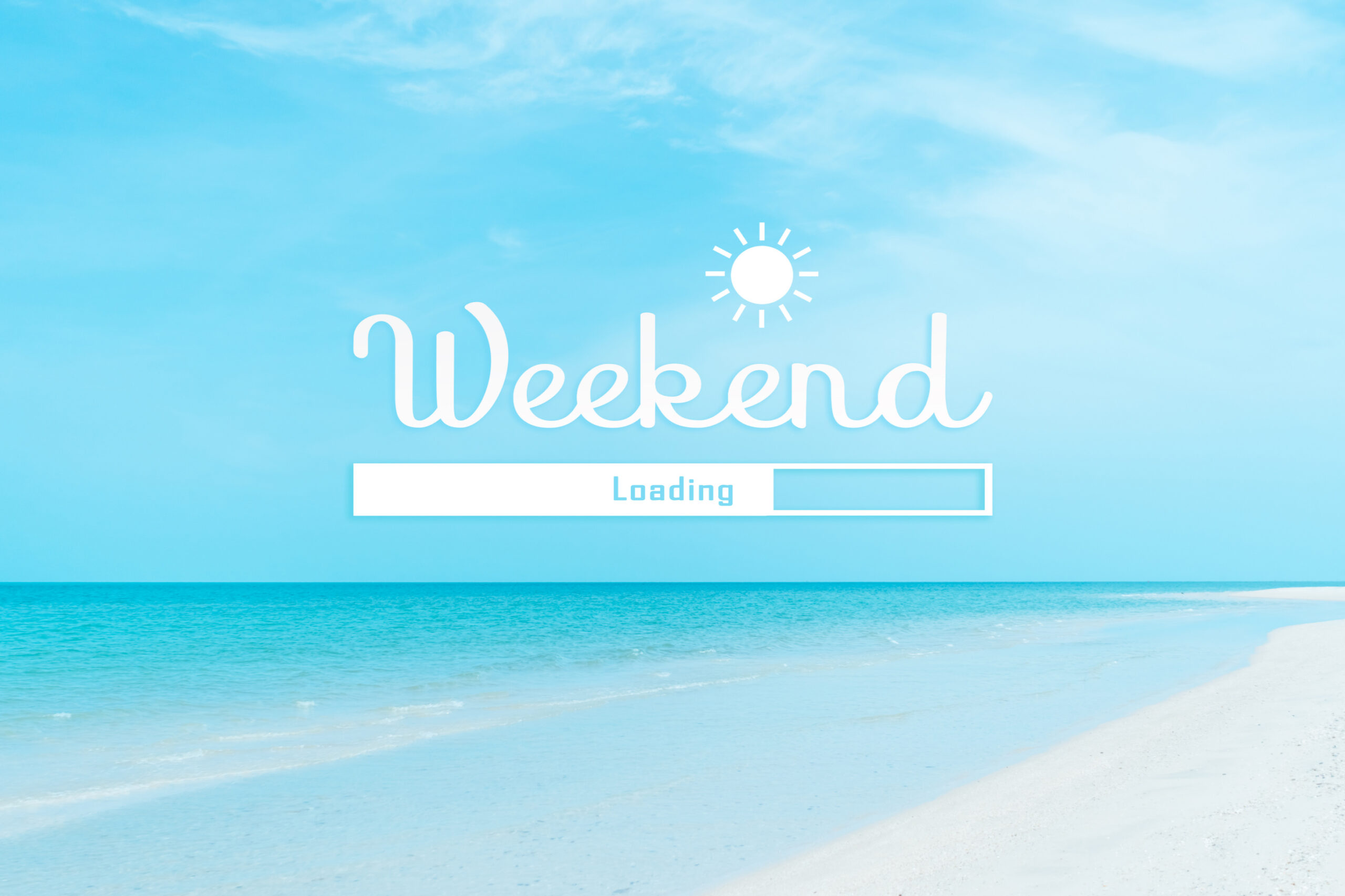
BE THE FIRST TO KNOW

More Content By
Jessica Curtis